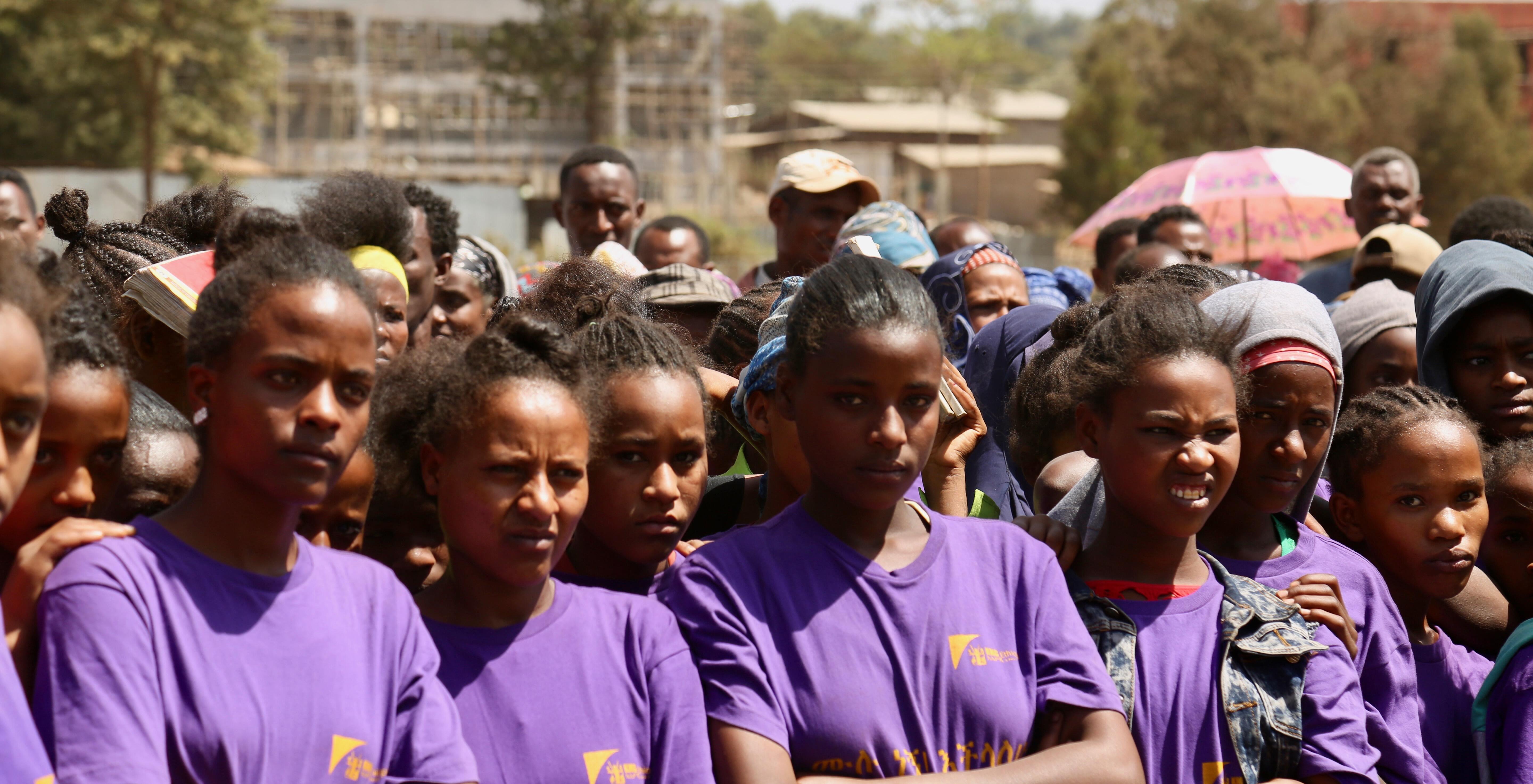
Courageous girls change attitudes about FGM in Ethiopia
Genet Girma, 31, was a trailblazer in her community. Fifteen years ago, she ran away from home when she learned that her mother planned to have her undergo female genital mutilation (FGM). As in many other communities in Ethiopia, FGM is deep-rooted in the Kembatta community, which Ms. Genet belongs to. The practice can cause lasting harm, including pain, infection, haemorrhage and complications in childbirth. It can even be fatal.
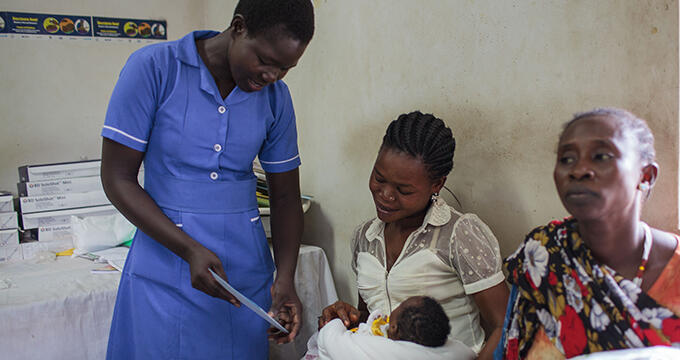
Displaced by crisis, South Sudan midwifery students focus on saving mothers
Nyomon Lilian will never forget the day she decided to become a midwife. A few years ago, in her hometown of Kajo Keji, in South Sudan’s Equatoria region, she watched as her neighbour bled out after giving birth.
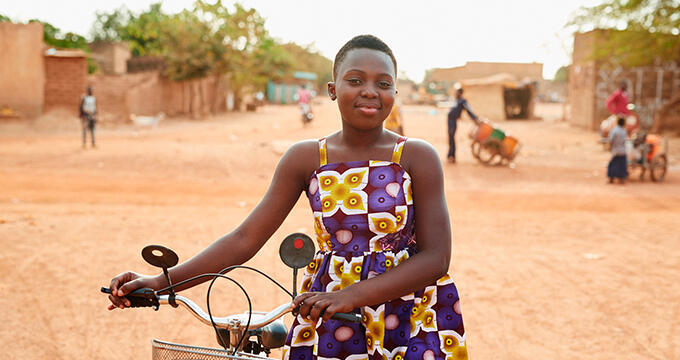
“I refused”: Brave women and girls take a stand against FGM
Latty's mom made a commitment to never subject her daughters to female genital mutilation. Today, advocate and singer Latty Compaoré is one of millions of girls around the world raising her voice to help end the practice.
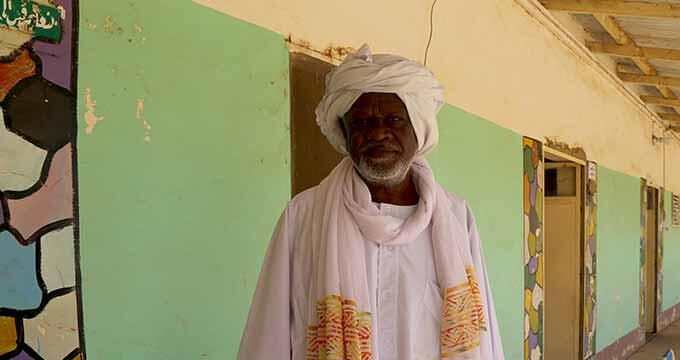
A vision of change: Pioneer spends 30 years advocating end to FGM in Sudan
In the early 1980s, Abdullah Ali Abdullah saw constant infections and childbirth complications while volunteering in a health centre in Sudan’s North Kordofan state. He soon realized many of these issues had the same root cause – female genital mutilation (FGM).
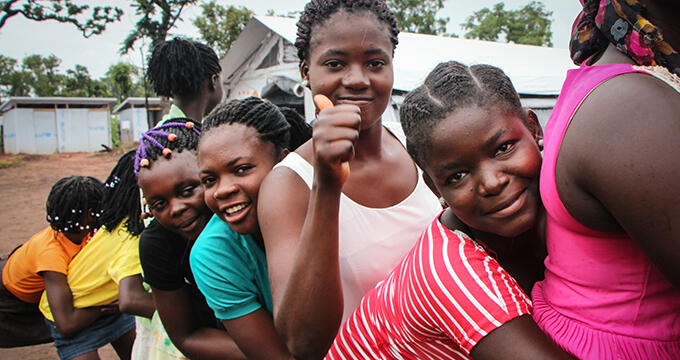
Women-friendly spaces offer safe haven for Congolese refugees in Angola
In a simple white tent in the Lóvua refugee settlement in Angola, women and girls who fled the brutal conflict in Kasai, in the Democratic Republic of the Congo, can find safe haven and support.